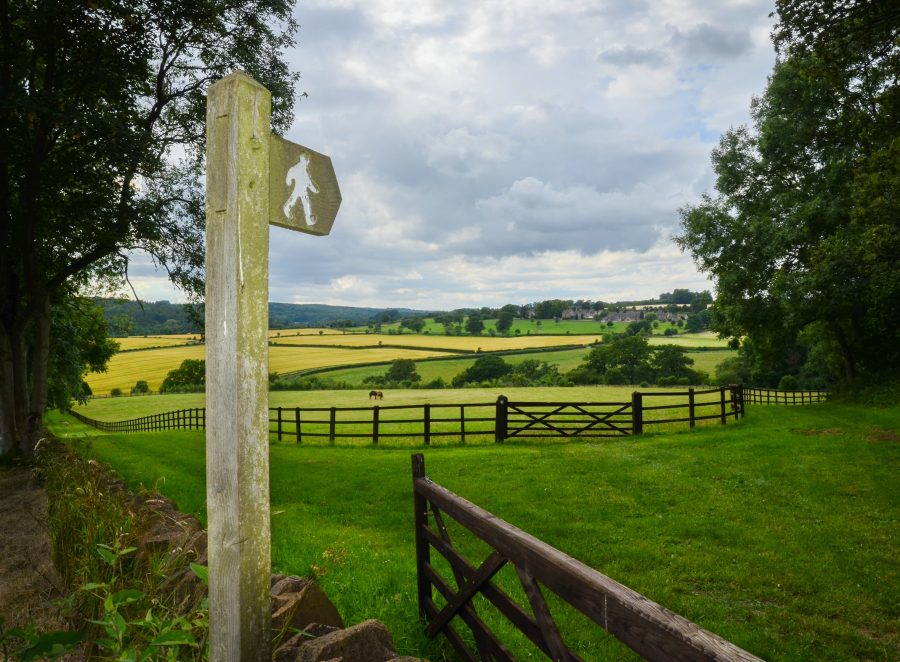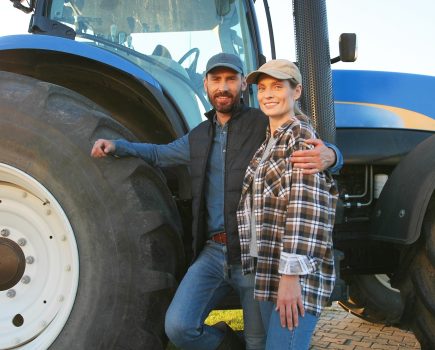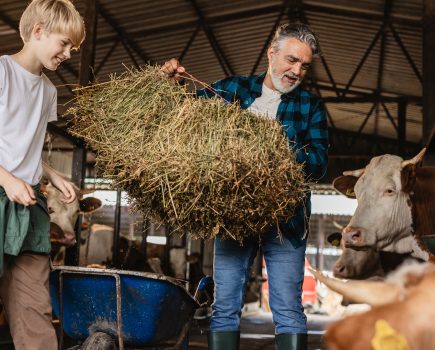Rural living offers space, tranquillity, and a connection to nature – but it also comes with unique legal challenges. Sara Smith, a partner at Brachers specialising in rural and agricultural property, shares five common problems homeowners face, and how to avoid them.
1. Boundary disputes
In the countryside, boundaries are often marked by hedgerows, ditches or fences that may not match the legal title. This can lead to disputes, especially when new fencing, extensions or access tracks are introduced.
Tip: It’s important to review the title plan carefully and, where needed, seek a professional boundary survey. If a dispute arises, early legal advice can prevent escalation and costly litigation.
2. Rights of way
Public footpaths and bridleways often cross rural land, and historic rights of way can be recorded after being used for 20 years. Blocking or altering these paths without consent can lead to enforcement action.
Tip: Review your title and local authority records for any registered rights of way. If a path is wrongly recorded, a modification order may be possible, but it’s a long road, so legal support is essential.
3. Septic tanks
Regulations updated in 2023 require domestic septic tanks and small sewage treatment plants to meet updated discharge standards. The rules vary depending on where you release (“discharge”) sewage and when the discharge started. Non-compliant systems may need to be upgraded or replaced or require a permit. Your enjoyment of the property and its future saleability may be affected.
Tip: If you’re unsure whether or not your system complies, arrange an inspection by a private drainage company and ensure documentation is in place to avoid delays or renegotiations later.
4. Agricultural Occupancy Conditions
Some rural homes, especially former farm cottages or converted barns, are subject to agricultural occupancy conditions, which restrict who can live in the property. They typically require the occupant to be employed in agriculture or forestry. Breaching these conditions can lead to enforcement action or complications when selling. These conditions can affect the marketability and value of the property. You may need a specialist lender and will have to demonstrate that you meet the condition.
Tip: As a specialist in this area, I always check for planning conditions. If the tie is outdated or no longer relevant, I can advise on applying for its removal or modification.
5. Private water supplies
Many rural homes rely on private water supplies; wells, boreholes or shared springs. These systems are subject to quality regulations and maintenance obligations, especially if shared with neighbours.
Tip: Ensure there’s a clear legal agreement covering access, maintenance and cost-sharing. If you’re buying, ask for recent water quality test results and confirm compliance with current standards.
In summary
Rural homes offer a unique lifestyle, but they come with challenges. As a conveyancer with experience in agricultural and countryside property, I can help clients navigate these challenges with confidence. If you’re looking to avoid a legal headache, feel free to get in touch for tailored advice.
For more like this, sign up for the FREE South East Farmer e-newsletter here and receive all the latest farming news, reviews and insight straight to your inbox.







